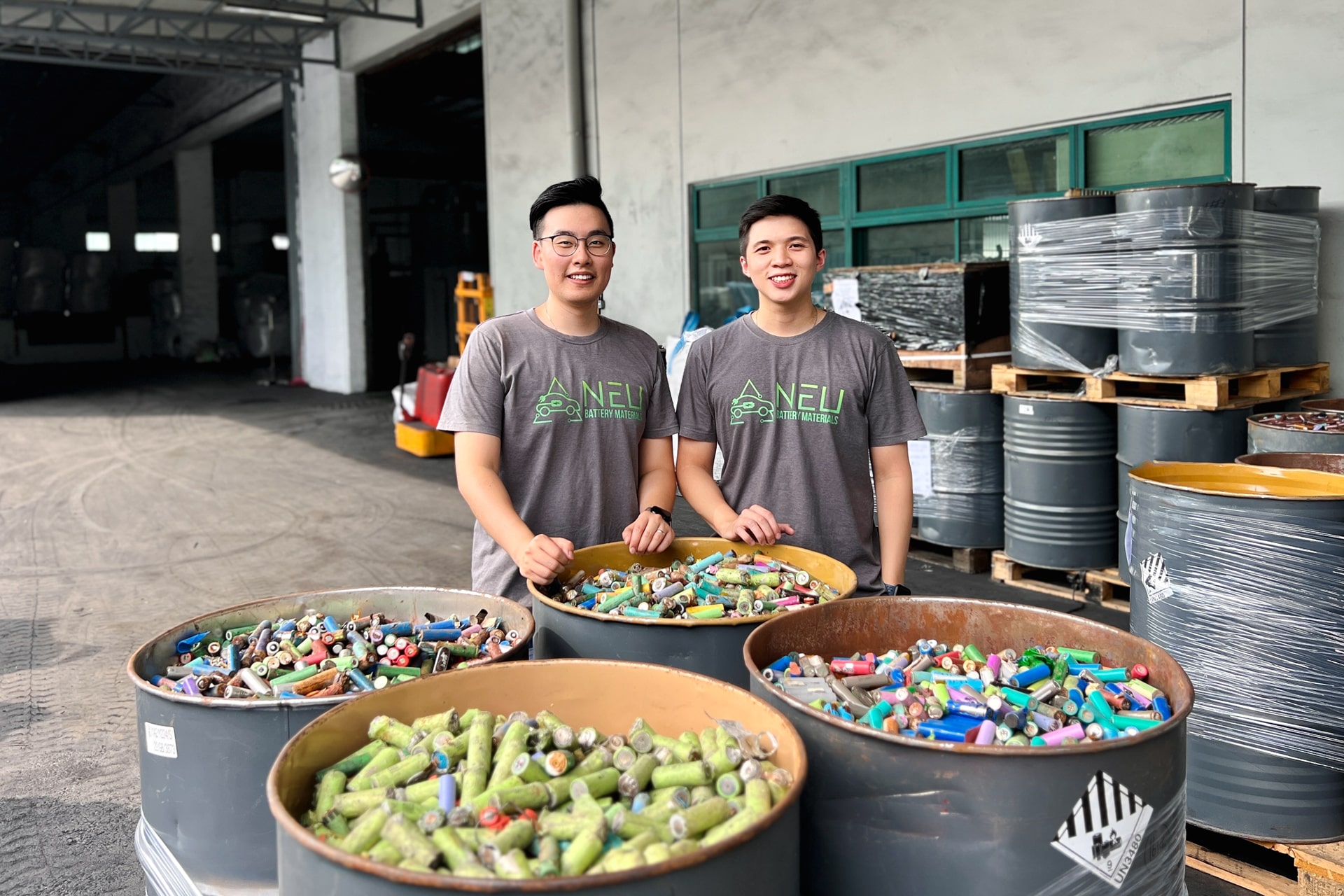The global electric vehicle boom threatens to exacerbate shortages of cheap but lifesaving drugs in Japan as soaring demand for EV battery materials like lithium pushes prices of key ingredients higher.
Japan’s Mitsubishi Tanabe Pharma plans to end production and sales of lithium carbonate tablets, used for treating manic episodes of bipolar disorder, due to the risk of future shortages and price hikes for lithium, Nikkei Asia has learned.
The tablets are a generic drug, a cheaper alternative to name-brand pharmaceuticals.
Mitsubishi Tanabe started consulting with medical clinics last week about its plan to end production of the tablets because of “anticipated difficulties in obtaining ingredients and rising prices due to increased demand for lithium,” a company spokesperson told Nikkei Asia.
The estimated end date of production is around March 2025.
Bipolar disorder carries a high risk of suicide if not properly managed. “If the inability to continue treatment leads to suicide attempts or self-harm, that’s life-threatening,” Hidenori Kuwabara, a pharmacist who specializes in psychiatry, told Nikkei.
Although there are a handful of companies in Japan making similar products, Kuwabara says he is concerned as to whether they would be able to meet the increased demand if clinics switch to their products, since those makers will face difficulties similar to Mitsubishi Tanabe’s.
“These two to three years have been very tough,” said an employee of another maker of lithium carbonate tablets, who asked to remain anonymous. “Lithium prices have risen tremendously due to EV demand.”
Much of the world’s lithium is used for battery materials, with medicine making up just a fraction of consumption. Major battery manufacturers, including Chinese battery giant CATL and Tesla supplier Panasonic, have announced multibillion-dollar investment plans for new production facilities to cash in on the EV boom.
According to the International Energy Agency, demand for lithium will grow sevenfold by 2030 compared to 2021, in a scenario where the global energy sector achieves net-zero carbon emissions by 2050.
The market price for lithium carbonate surged to USD 69 per kilogram in December 2022, more than double from the end of 2021, according to UK-based Argus Media. The current price is around USD 35 per kilogram.
“Buyers of some medical [ingredients] may be being outbid by industrial users,” said Ichiro Fujikawa, chairman of the Japan Pharmaceutical Traders’ Association. “Medicine [makers] have high production standards, but they don’t buy much in quantity.”
There are also geopolitical factors to consider, as much of the supply of ingredients for generic drugs comes from China and India, plus “upstream chemicals are mainly produced in China,” according to Hiroyuki Sakamaki, a professor at Japan’s Kanagawa University of Human Services.
The IEA estimates that 60% to 70% of the capacity for refining lithium is located in China.
Japan has been experiencing a shortage of generic drugs since early 2021 after two major manufacturers were forced to shrink or sell part of their business following production-related misconduct.
Some argue that the low price of drugs in Japan has made shortages worse, as pharmaceutical companies are less likely to spend money on products with low-profit margins.
In Japan, a medicine’s price is determined by the government under the public health insurance system. The price for Mitsubishi Tanabe’s lithium carbonate tablets is around JPY 6 (USD 0.04) apiece, which is “less than the price of cheap candies,” according to Kuwabara.
This article first appeared on Nikkei Asia. It has been republished here as part of 36Kr’s ongoing partnership with Nikkei.

